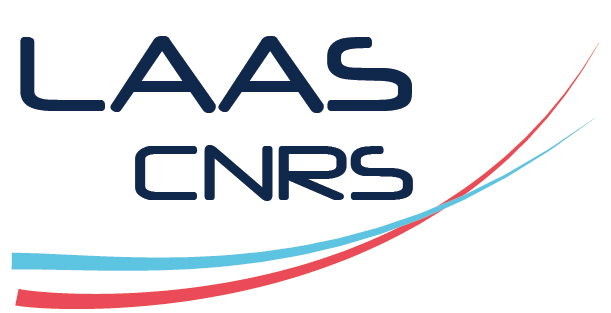Identification and Assessment of Obsolescence in the Early Stages of System Design
Résumé
Obsolescence is the fact that an entity (physical or logical) is becoming outdated or no longer possesses the required level of performance. The objectives of this article are twofold. First, it is intended to contribute to the understanding of obsolescence propagation. Secondly, two supporting approaches for the Identification and Assessment phases are proposed: the House of Obsolescence and the System Obsolescence Criticality Analysis. The former allows the mapping of obsolescence propagation via dependencies, whether imposed changes are desired or imposed, by external actors to the system architecture. Whereas, the objective of the latter is to assign an obsolescence criticality index to the identified risks in order to prioritize them for solution or mitigation determination during the analysis phase. The tools make extensive use of the modeled system knowledge through the application of Systems Engineering. The application of these approaches is presented through an illustrative study.
Domaines
Sciences de l'ingénieur [physics]| Origine | Fichiers produits par l'(les) auteur(s) |
|---|

